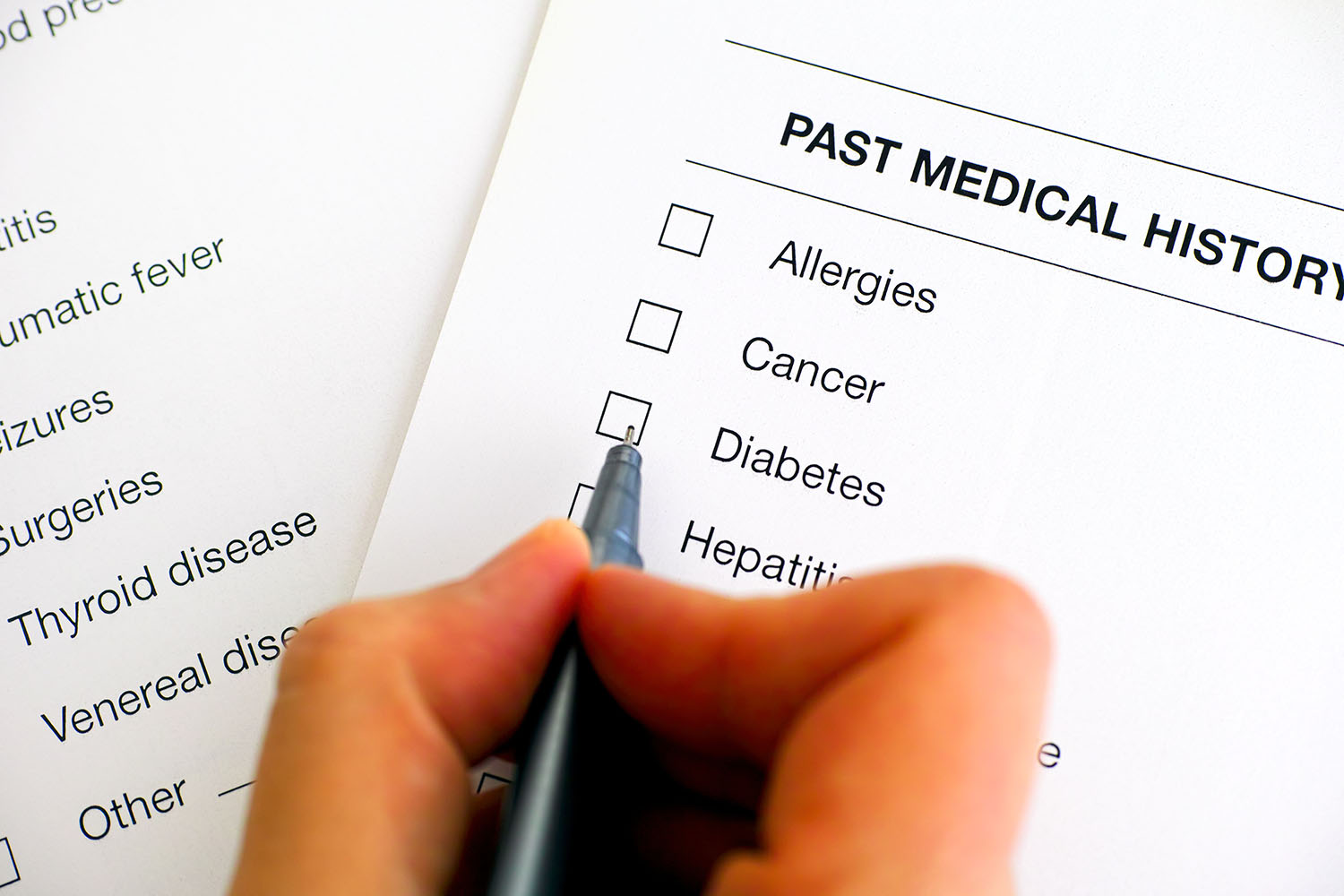The recent trend of companies offering direct access to health testing and DNA heritage has led to more awareness of another similar topic: family medical history. Unfortunately, many people don’t take the time to gather their family medical history until later in life. The disease prevention Flower Mound TX teams (as well as those in Bedford and Benbrook) encourage patients to get curious about health history and share what they know with their care team. Today we’ll be sharing tips on how to use family holiday gatherings to spark these helpful conversations.
The Importance of Knowing Your Family’s Medical History
Also known as a family health history, a family medical history is a record of factors [such as diseases and conditions] which may be passed along through genes. This record can also include information about genetic components to habits and preferences. There are many important benefits to knowing your family medical history, including the following:
- Choosing the best healthcare plan
- Identifying helpful preventative screenings
- Proactive routine care visits
- Evidence-based guidance for family planning
Prepare Your Family for the Conversation
For many families, holiday gatherings often involve a myriad of emotions and relationship challenges. With this in mind, we encourage you to approach the family history conversation with a bit of proactivity. Consider putting together a thoughtfully worded email or newsletter letting family members know to expect a discussion about family medical history at an upcoming gathering. In addition to helping loved ones get comfortable with the topic, it may also encourage some individuals to gather resources and records for more accuracy.
Questions to Ask
When the time comes for the actual conversation, we encourage everyone to get involved. Even if those younger nieces, nephews and cousins don’t have much information to contribute, they may enjoy learning a bit more about their heritage. To engage them further, we encourage you to get creative with the methods you use to gather information. For example, try to ask the questions in a Jeopardy or trivia game format and include a few random family factoids to share.
Be sure to gather concrete details about the following:
- Present ages
- Countries of origin
- Cancer (and specific type)
- Pregnancy-related issues
- Childhood delays, disabilities or developmental challenges
- Medical, genetic or inherited concerns
- Successful/unsuccessful treatments for conditions
- High blood pressure
- Heart conditions
- Ages of ancestor deaths (identify as many as possible)
- Diabetes
Sharing the Information
Once the information has been gathered, we recommend finding a reliable method for storing it. Depending on the level of technological ability of some family members, that may mean creating more than one method for accessing the records.
It can be as simple as a printed form that gets stored in a fireproof safe or a digital google form. For those who prefer a more professional format, there are several free services available online. For example, the U.S. Surgeon General has created a free tool called My Family Health Portrait that families can use to keep their medical history organized and accessible.
Disease Prevention Flower Mound TX
Disease prevention is something we take seriously at Your Family Medical. We take the time to ask the questions that matter and proactively follow up on any areas of concern. Our teams are here to help support you in achieving all your health care goals – from geriatric medicine to hormone replacement therapy and everything in between. Contact us today to schedule your first visit at one of our three convenient Texas locations.

